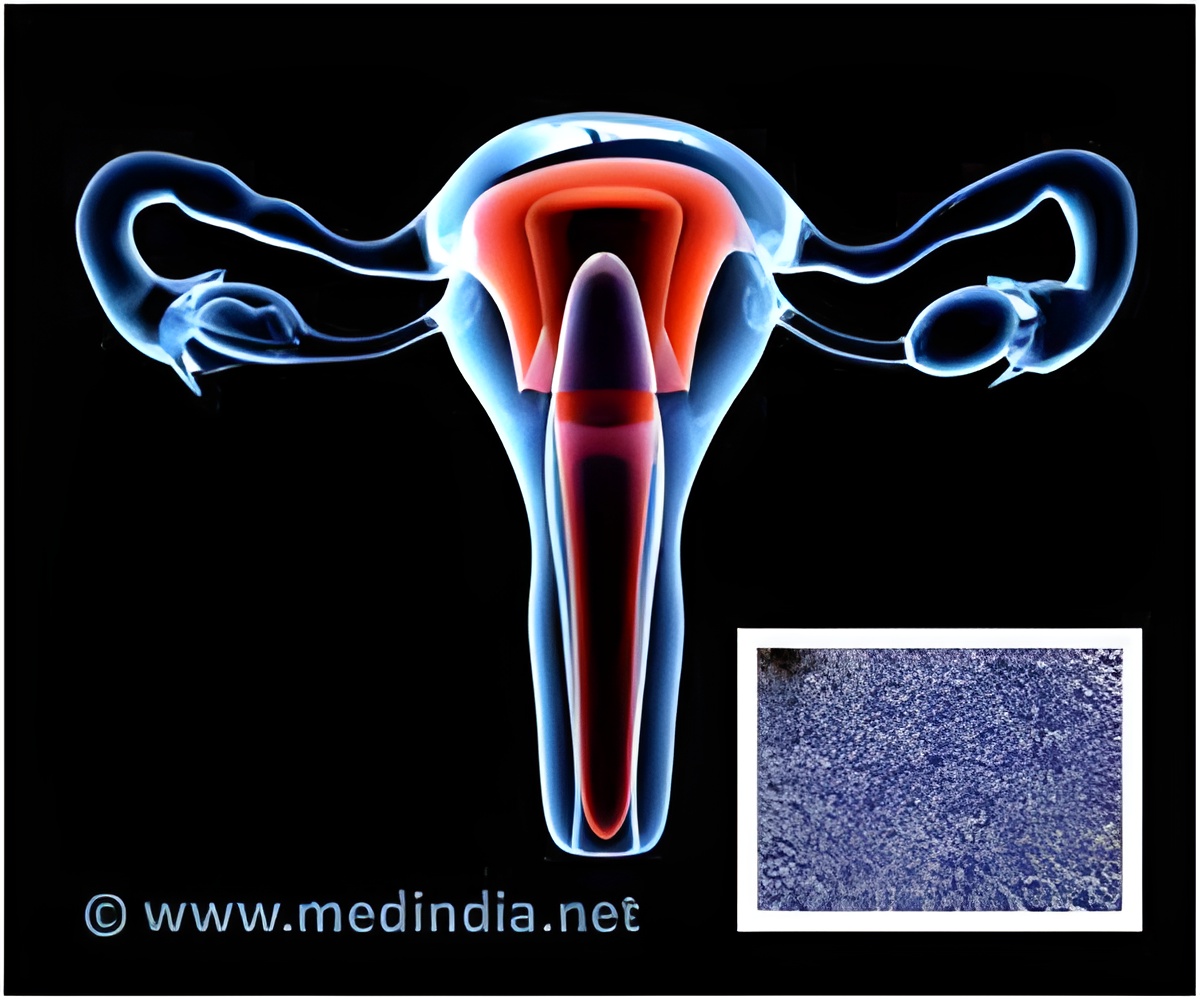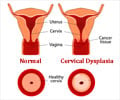A team of researchers has completed a comprehensive genomic analysis of cervical cancer in two patient populations.

The study by researchers from the Boston area, Mexico, and Norway also shed light on the role human papillomavirus (HPV) plays in the development of cervical cancer.
To investigate the genomic underpinnings of the disease, the team performed whole exome sequencing, which examines the genetic code in the protein-coding regions of the genome, on samples from 115 cervical cancer patients from Norway and Mexico.
In some cases, the researchers also conducted whole genome sequencing (analyzing the genetic code across the entire genome) or transcriptome sequencing (focusing on gene expression).
In each case, the researchers compared genomic data derived from cervical cancer tumours with genomic data from healthy tissue from the same individual to determine what may have gone wrong - or mutated - in the genome to allow the cancer to develop. The mutations identified in tumours but not in healthy tissues from the same individuals are referred to as somatic mutations.
The study identified 13 mutations that occurred frequently enough across the samples to be considered significant in cervical cancer. Eight of these mutations had not been linked to the disease previously, and two had not previously been seen in any cancer type.
Advertisement
The team also identified a novel mutation in the gene MAPK1. MAPK1 is one of the final steps in the MAP kinase signaling pathway - a network of interconnected genes that play a role in cell growth regulation.
Advertisement
Finally, transcriptome sequencing, which allowed the team to analyze gene expression - how and when genes are activated across the genome - enabled the researchers to learn more about how HPV is driving cervical cancer.
The study is published in journal Nature.
Source-ANI














